The Seattle Times
By Walker Orenstein
OLYMPIA — Lawmakers outside of Seattle have introduced a bill to regulate app-dispatched ride services such as Lyft, Uber and Sidecar — legislation that could replace Seattle’s own hard-won compromise approved in July.
Seattle’s agreement, brokered by Mayor Ed Murray and passed by the City Council, lifted caps on the number of cars each company could have while also awarding new licenses for taxis.
The proposal, Senate Bill 5550, by Sen. Cyrus Habib, D-Kirkland, boosts insurance requirements beyond Seattle’s and calls for a new permitting process, among other rules.
Habib said he was grateful for the mayor’s work reconciling the industries but wanted to strengthen Seattle’s regulations. Habib said app-based ride services shouldn’t be subject to separate permitting processes in every city and wants standard rules statewide.
Habib said he has met with Murray and his representatives to work on the legislation. But city leaders are expressing concern that a state law would trump local efforts to manage the fast-growing industry that Seattle officials refer to as “transportation network companies,” or TNCs.
“The TNCs would like to wipe out Seattle’s right to regulate them,” said City Councilmember Mike O’Brien. “That issue of state pre-emption of local jurisdictions is something that causes me serious concerns.”
Even though Lyft also runs in Spokane, and Uber is in Tacoma, Vancouver and Spokane, their biggest operations are in Seattle. And so O’Brien says Seattle should have primary oversight.
He said fixing any Seattle issues in Olympia would be a hassle. Currently, taxis and companies such as Uber are regulated by the city, and limousines by the state.
“We’re following the TNC legislation in Olympia very closely,” said Denise Movius of Seattle’s Department of Finance and Administrative Services, in a statement. “Seattle was able to make great strides last year in creating a regulatory framework with support of the TNCs and taxi stakeholders that focuses on public safety, consumer protection, and equity throughout these industries. The city has expressed to the bill’s sponsor that as the process unfolds it will be critical that the protections we have in place are not diminished.”
Habib’s legislation would make employers insure drivers who are on the job but not yet dispatched to a customer. With a passenger in the car, coverage would increase. Now in Seattle, drivers working but not dispatched may not be covered. Habib wants the ride-service companies to provide coverage “app on to app off.”
O’Brien was the lone “no” vote on Seattle’s new rules because of this coverage gap, and supports that portion of the bill.
Under the bill, drivers would have to pass a background check to be hired. Seattle officials say their current system of checks is better, because unlike Habib’s bill, it requires third-party vetting.
Habib acknowledged questions about the background checks and said he’s still working on the language and open to other ideas. He also disagreed that his bill would cause Seattle problems in regulating ride-sharing services in the future.
“All we’ve said is you can’t arbitrarily put in a license requirement of your own,” Habib said.
Cities would not be able to cap the number of active drivers. Habib said varying city rules made for a confusing, inefficient system.
“That’s why the taxi industry became expensive and unwieldy and there was a real opportunity for companies like Uber to come in.”
Colorado and California have recently passed similar statewide regulations. The Illinois Legislature approved regulations that were vetoed by then-Gov. Pat Quinn, who said he didn’t believe the issue lent itself to a one-size-fits-all solution.
A public hearing will be held by the Senate’s Transportation Committee at 3:30 p.m. Monday. Joe Fain, R-Auburn, is also sponsoring the bill.
“We look forward to working with Senator Habib and leaders across Washington to create a permanent home for ride-sharing services like Uber in the Evergreen State,” wrote Brooke Steger, Uber’s Seattle general manager, in an email.
Lyft said in a statement it was reviewing the bill. Seattle Yellow Taxi did not reply to requests for comment.

